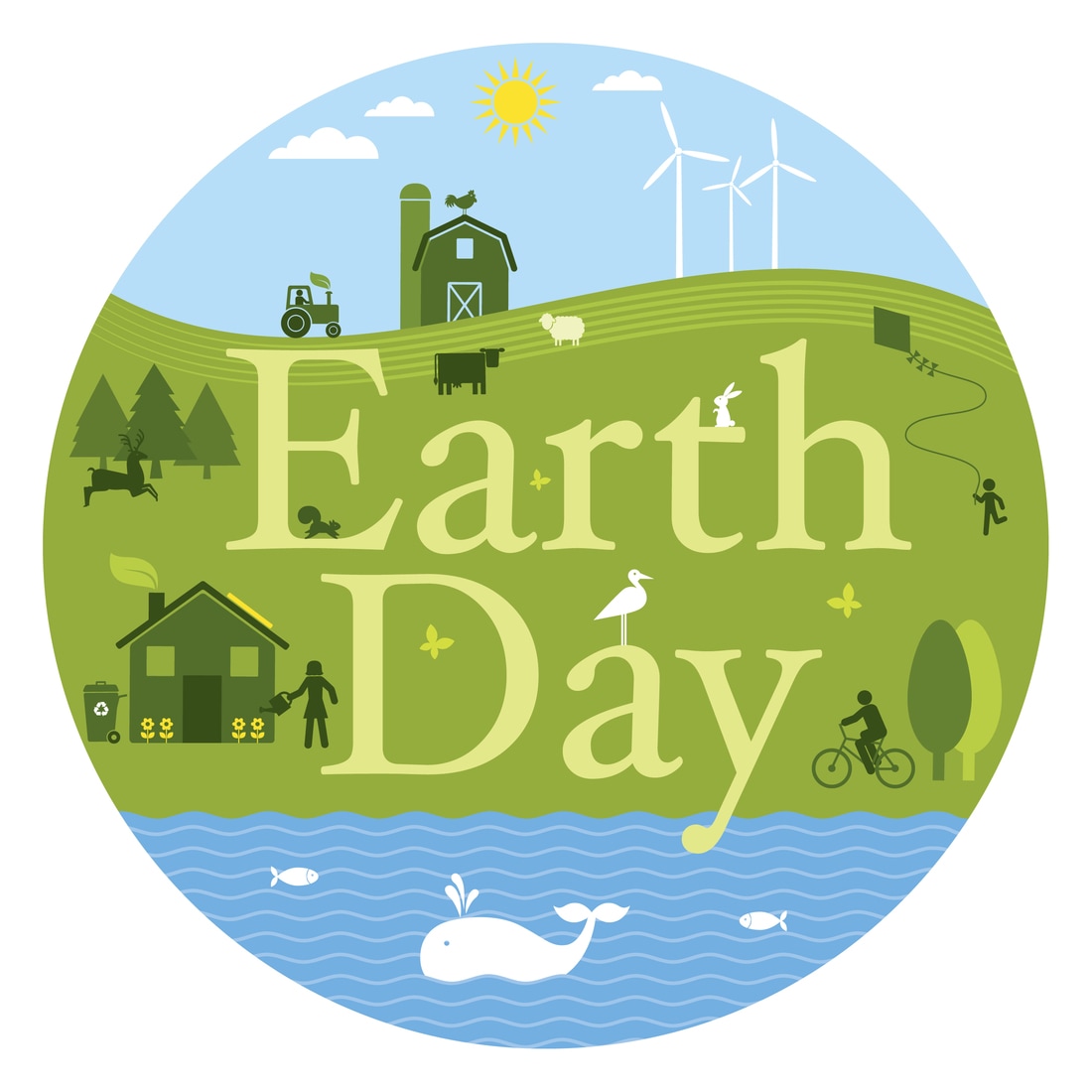|
The Abuja Environmental Protection Board (AEPB), in collaboration with other environmental NGOs, on Saturday organised a sensitisation programme to educate Abuja residents on how to convert waste to wealth. The sensitisation programme was organised in Abuja to commemorate the 2017 World Earth Day, with the theme, ‘’Environmental and Climate Literacy’’. The World Earth Day is an annual event celebrated on every April 22 Worldwide.
Mrs Dora Laniyi, Executive Director, Abuja Green Class, an NGO, explained that celebrating the World Earth Day yearly was meant to send message across on the importance of the earth to human being. Laniyi regretted that the natural earth resources had been destroyed instead of protecting them, thereby making the earth to become unfriendly to man. According to her, the effect of climate change seen across the world today was as result of human activities. “What we are doing today is to partner with AEPB to sensitise the residents on the climate literacy and the negative impacts of destroying the natural resources of the earth which results to climate change. “We consider using our earthly resources to create wealth rather than destroying them. “Our earth was supposed to be green and clean as we met it, and being green and clean is bringing natural energy to life of those living on earth,“ she said. Mr Amara Nwankpa, Director, Public Policy Initiative, Shehu Musa Yar’ Adua Foundation and a guest speaker said Nigeria is one of the most affected countries in terms of climate change issues. “The (Sahara) desert encroachment has contributed to the climate change challenges we are facing because people are not educated on the effect of destroying our trees without replacing them. I therefore, call on the participants to use this opportunity to go and create awareness on your different environment on the need to protect the environment, “ he said. In her contribution, Mrs Nwal Fakhry, Manager Environmental/Conservation, African Community Bridge Foundation (ACBF), who spoke on converting trash to cash, waste to wealth said improper handling of waste was also a threat to the environment. Fakhry added that waste was also a contributory factor to the climate change, adding that ACBF was established on the need to create awareness on how to convert waste and trashes to wealth. “We found it necessary to create employment by converting condemned papers, plastic bottles, polythene bags and other trashes into other useful materials. “We are coaching other people on how to do this, thereby creating employment out of it,” she said. On her part, Mrs Omolola Olanipekun, Acting Director, AEPB expressed delight on the response of FCT residents to the sensitisation programme. Represented by Mr Muktar Ibrahim, the Head of Information and Outreach Unit of AEPB, she said the earth was no more human friendly because its ingredients had been destroyed by man. Olanipekun identified noise pollution, gas emission, green house effects, erosion, receding of rivers as major human factors contributing to climate change. She advised the residents to desist from indiscriminate dumping of waste, adding that the FCT administration is determined to keep to its promise of making the nation’s capital one of the cleanest city in the world. Highlights of the event include the exhibition of art works using trash items like condemned papers, pieces of clothes, polythene bags and others. Source: Vanguard NGR
0 Comments
Leave a Reply. |
